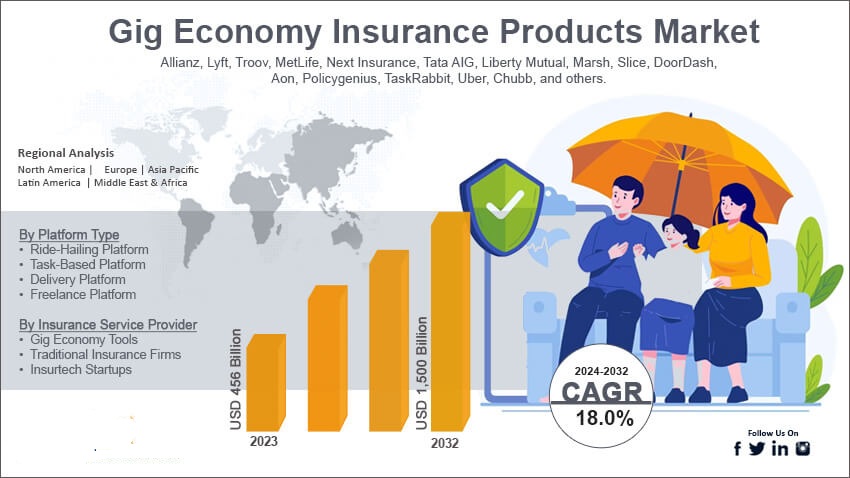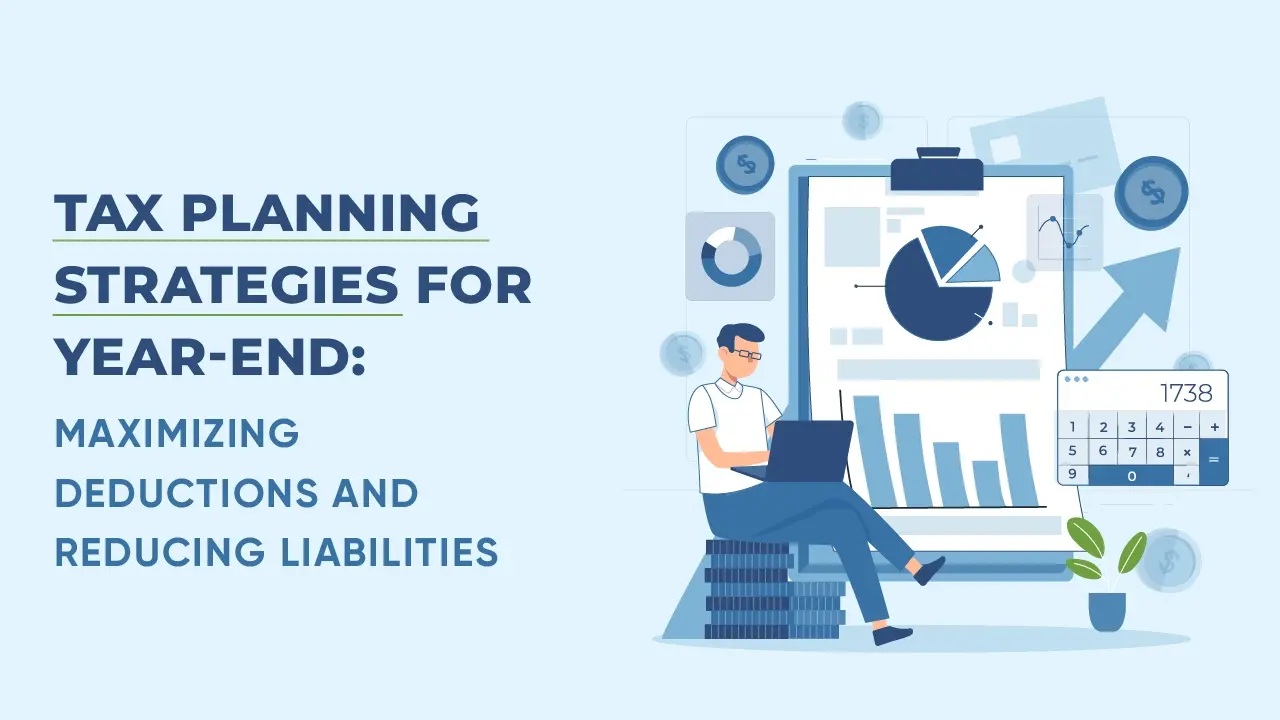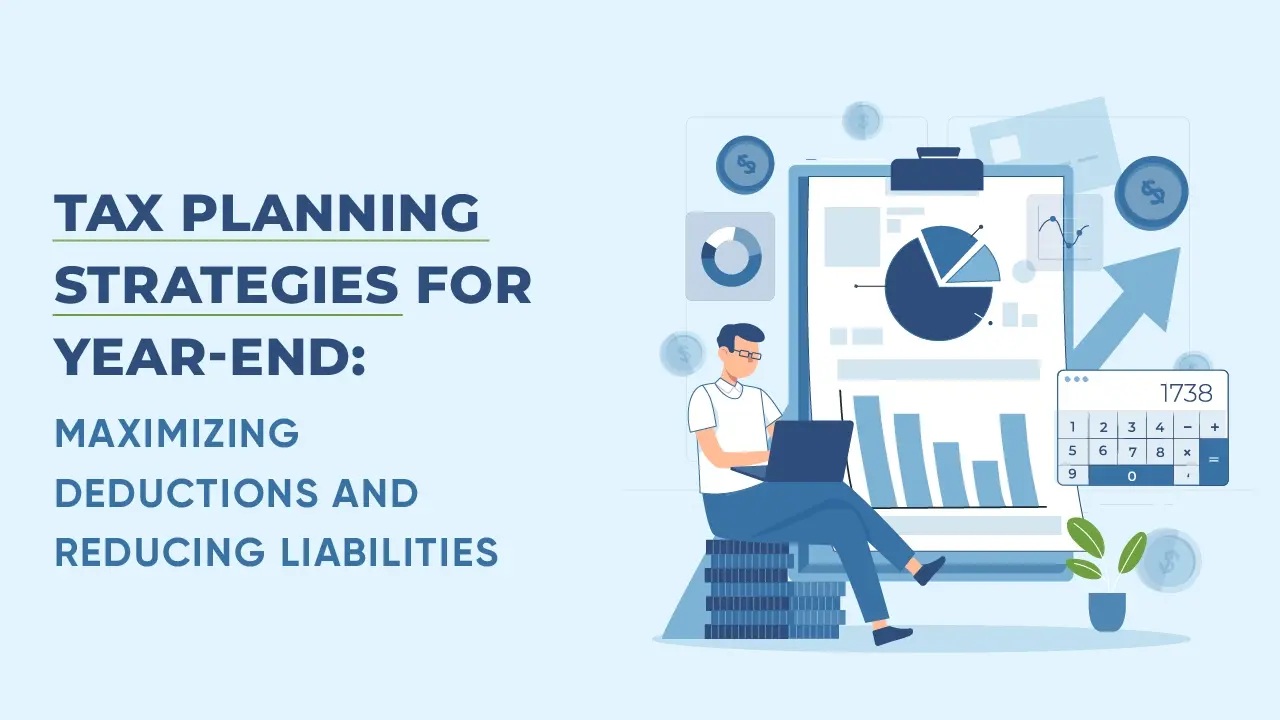🔍 Introduction: Why 2025 Is a Pivotal Year in Crypto Regulation
The year 2025 marks a watershed moment in global crypto oversight. Landmark laws, sweeping frameworks, and high-profile executive actions are reshaping how countries govern digital assets. From new U.S. legislation and EU directives to emerging authorities in Asia, Latin America, and Africa—regulation is no longer an afterthought. Instead, it’s driving innovation, protecting consumers, and setting the stage for institutional adoption.
This comprehensive guide explores the latest developments in crypto regulation, key legislation, global trends, and what industry players and consumers should know in 2025.
1. The U.S. Revolution: Stablecoin Clarity & Federal Oversight
GENIUS Act: A New Stablecoin Standard
On July 17, 2025, the U.S. Congress passed the Guiding and Establishing National Innovation for U.S. Stablecoins Act (GENIUS Act), signed into law on July 18 by President Trump Reddit+2Reddit+2Reddit+2Reddit+13Wikipedia+13MarketWatch+13. This landmark legislation defines stablecoin issuers as regulated financial institutions, mandates 100% dollar or low-risk asset backing, requires regular audits, and implements AML and reserve transparency protocols Reddit+4Wikipedia+4The Wall Street Journal+4. While praised for building market confidence, critics warn of insufficient consumer safeguards and potential systemic risk in the broader Treasury markets MarketWatchFN London.
Digital Asset Market Clarity Act & Executive Order 14178
Simultaneously, Congress approved the Digital Asset Market Clarity Act, clarifying which regulator—the SEC or CFTC—oversees different digital asset categories The Washington Post+1New York Post+1. Earlier, on January 23, 2025, Executive Order 14178 revoked prior CBDC initiatives and tasked federal agencies to propose a digital asset framework within 180 days Wikipedia.
FIT21: Defining Regulatory Roles
The FIT21 Act, passed in May 2024, assigns commodities oversight (for decentralized tokens) to the CFTC and securities oversight (for centralized or partially controlled tokens) to the SEC Reddit+13Wikipedia+13Wikipedia+13. The dual agency approach laid groundwork for later reforms in 2025.
2. Europe Leads with Unified Frameworks
MiCA Regulation Goes Live
The European Union’s Markets in Crypto-Assets (MiCA) regulation became fully applicable on December 30, 2024, providing a unified rulebook for all 27 member states Reddit+1crystalintelligence.com+1The Coinomist+2Wikipedia+2Reddit+2. It sets licensing requirements, stablecoin classifications (ARTs and EMTs), maximum leverage, transparency mandates, and consumer protection standards. Post-MiCA, major exchanges delisted non-compliant stablecoins and shifted toward euro-backed alternatives Reddit+3Reddit+3Cointelegraph+3.
DORA Adds Cybersecurity Rules
The EU’s Digital Operational Resilience Act (DORA) took effect in January 2025, mandating crypto firms implement robust ICT risk management—impacting even small virtual asset service providers (VASPs) Reddit.
3. Asia-Pacific: Innovation Under Watchful Eyes
Japan Recognizes Crypto as Financial Products
Japan’s Financial Services Agency plans to revise its Financial Instruments and Exchange Act to recognize crypto assets as financial products, subjecting them to insider-trading rules and expanded investor protections. Legislation is expected in early 2026 Reddit.
Hong Kong Prepares for Stablecoin Licensing
Hong Kong is positioning itself as a crypto hub. An upcoming stablecoin regulation will require issuers to obtain licenses and maintain reserves in local banks. The first licenses may be issued in early 2026, with the new framework effective August 1, 2025 Reuters+1Reddit+1.
Regional Sandbox Experiments
Other APAC markets like Thailand, Singapore, South Korea, Malaysia, and Cambodia are launching tokenization sandboxes, pilot stablecoin regimes, and licensing frameworks to support digital innovation while maintaining oversight giottus.com+1Cointelegraph+1.
4. Latin America & Africa: Regulation Meets Adoption
El Salvador and Paraguay Collaborate
El Salvador, which famously adopted Bitcoin as legal tender, and Paraguay signed a Memorandum of Understanding in March 2025 to coordinate anti-money laundering and market transparency practices Reddit.
Argentina’s Virtual Asset Oversight
Argentina’s CNV rolled out Resolution No. 1058, requiring virtual asset service providers (PSAVs) to register, enforce cybersecurity standards, and undergo audits. The full regime kicks in by December 2025 Reddit.
Pakistan Launches Crypto Bodies
In March 2025, Pakistan formed its Crypto Council (PCC), led by finance minister and Binance’s founder as adviser. In July, the Pakistan Virtual Assets Regulatory Authority (PVARA) was established under the Virtual Assets Ordinance to license and supervise crypto firms Wikipedia.
5. Global Trends & Enforcement Priorities
AML & FATF Enforcement Intensifies
The FATF reported only 40 of 138 jurisdictions were largely compliant with its crypto standards as of April 2025. Illicit crypto flows exceeded $51 billion in 2024, with North Korea-linked hacks and thefts like the $1.5B BYBIT hack drawing global concern Reuters.
Anti-money laundering enforcement is ramping up across all regions, and regulatory bodies are applying “same risk, same rule” to DeFi platforms and centralized exchanges alike crystalintelligence.com.
AI‑Powered Scams Surge
AI-generated scams rose by 456% between May 2024 and April 2025, leveraging deepfake voices and identities to defraud victims—leading lawmakers to pass tighter crypto regulations in the U.S. New York Post.
6. How Consumers & Industry Should Prepare
Checklist for Companies & Regulators
- Register with regulators or apply for licenses (MiCA, PVARA, etc.)
- Ensure AML Travel Rule compliance
- Implement robust cybersecurity and operational resilience per DORA
- Maintain full-reserve backing and audited disclosures for stablecoins
- Align token classification with FIT21, STABLE, and Digital Asset Clarity frameworks
Guidance for Consumers & Investors
- Use only licensed platforms in your jurisdiction
- Prefer providers offering full audits and reserve transparency
- Beware of unregulated DeFi services and AI-led scams
- Monitor policy changes like CBDC bans, crypto tax rules, and stablecoin regulation (e.g. India’s high 70% tax penalty for undeclared gains) crystalintelligence.comAnalytics Insight+1Wikipedia+1Reddit
- Limit exposure to jurisdictions with uncertain legal frameworks
7. SEO Keywords & Content Strategy
Strategic phrases to optimize for Google:
- “crypto regulation 2025”
- “GENIUS Act stablecoin rules”
- “MiCA crypto compliance”
- “global crypto policy trends 2025”
- “EU DORA crypto cybersecurity”
Create blog content like:
- “US GENIUS Act vs EU MiCA: What’s worse for stablecoin innovation?”
- “What India’s 70% penalty means for crypto traders in 2026”
- “How Pakistan’s Virtual Assets Authority impacts blockchain startups”
8. The Road Ahead: Forecast for Crypto Governance in 2026–2030
- Stablecoin regulation continues expanding globally, with legislation evolving in Asia, LATAM, and Africa Reddit+12Cointelegraph+12New York Post+12Wikipedia.
- Digital asset market clarity bills (House CLARITY Act, Senate companion) aim to allow token gradation from SEC oversight via certification pathways axios.com+1New York Post+1.
- Central bank digital currency efforts vary: CBDCs banned in the U.S. (via EO 14178), while other countries quietly pilot national digital assets in tandem with sandbox experiments Wikipedia.
📚 FAQs
1. What is the GENIUS Act?
The 2025 U.S. law regulating stablecoins, requiring full collateralization, audit disclosures, and AML compliance for issuers MarketWatch.
2. What is MiCA and why does it matter?
EU-wide regulation that standardizes crypto oversight across member states, including token laws, licensing, and consumer protections, effective from December 2024 WikipediaCointelegraph.
3. How does India tax crypto now?
Starting April 2026, undeclared gains face up to 70% penalty, and all transactions over ₹10,000 (~$120) will require reporting Reddit.
4. Which countries are launching new crypto agencies?
Pakistan launched the Crypto Council in March and the PVARA regulator in July 2025 to license VASPs and enforce compliance WikipediaWikipedia.
5. What global watchdog is pushing crypto AML compliance?
The FATF, which in mid-2025 urged stronger crypto regulation—highlighting illicit activity involving over $51B in crypto flows in 2024 Reuters.
✅ Conclusion: Regulation Is the New Infrastructure
In 2025, crypto regulation is no longer optional—it’s the backbone of digital asset markets. From the U.S.’s GENIUS Act and FIT21 to the EU’s MiCA and DORA, through Asia, Africa, and Latin America—jurisdictions are implementing new frameworks to balance innovation, security, and financial integrity.
Climate Change & Insurance: Navigating the New Risk Landscape in 2025



























